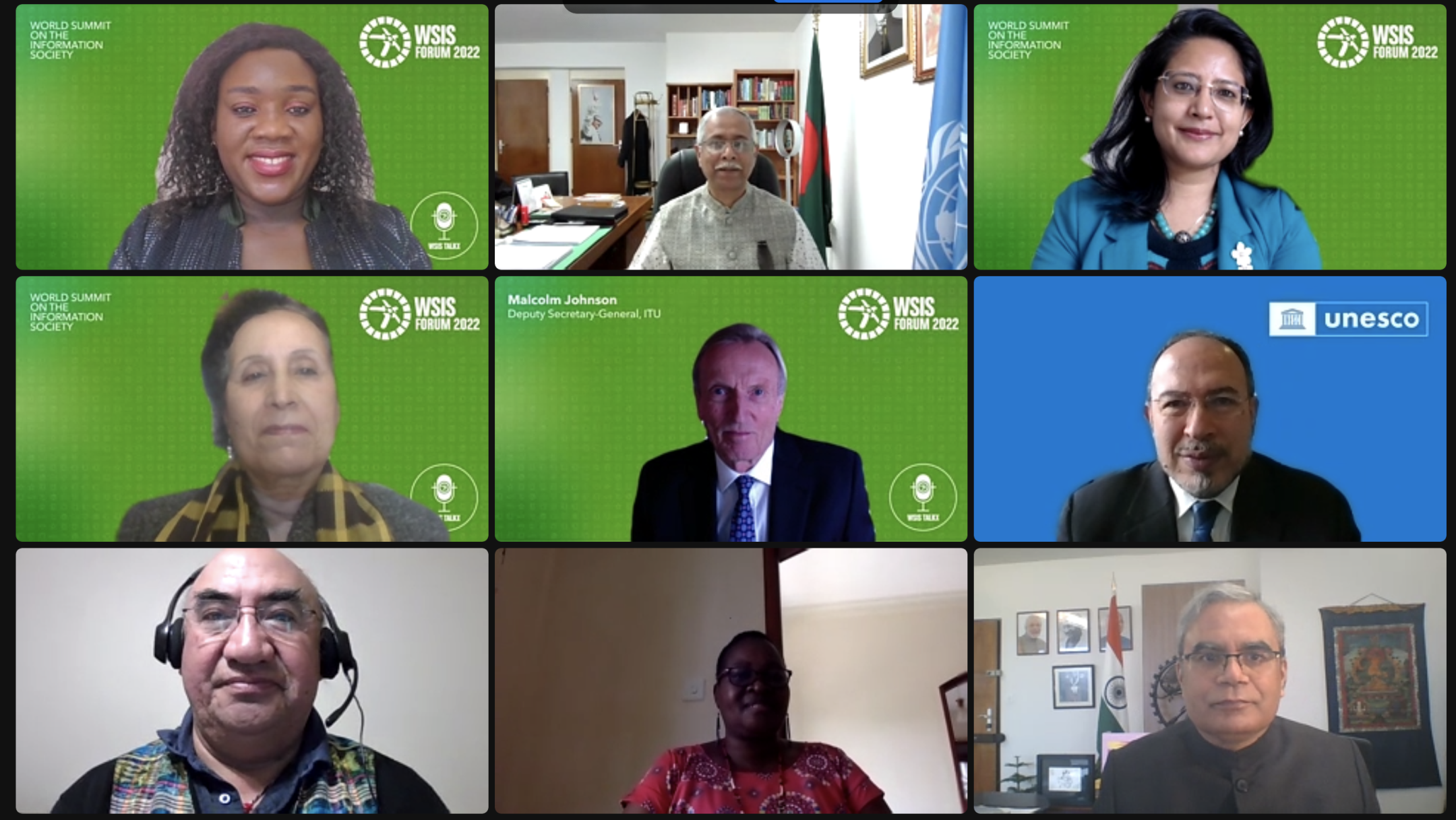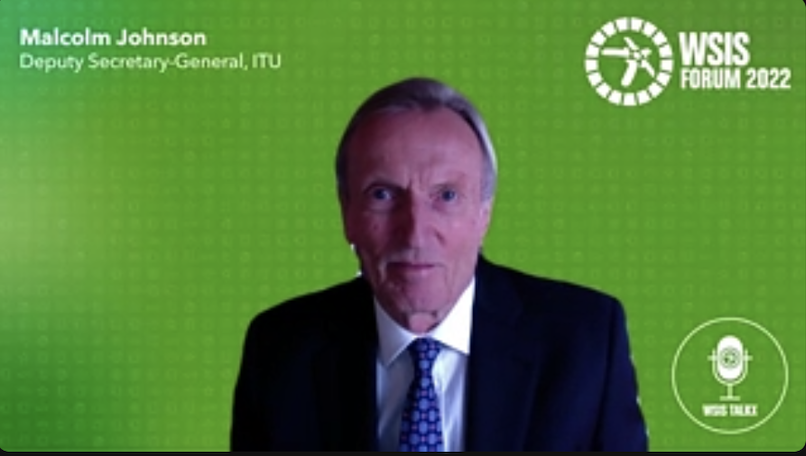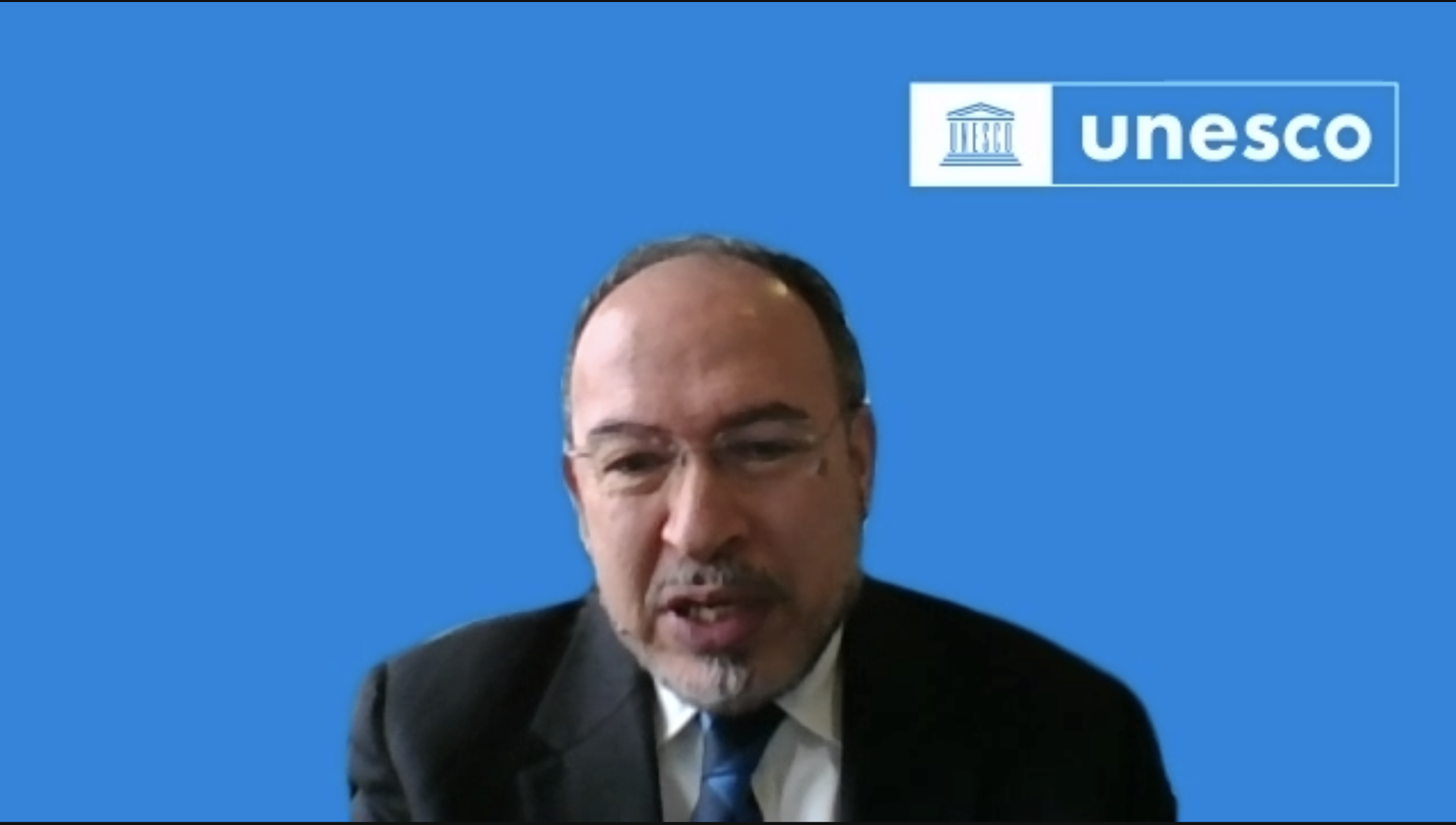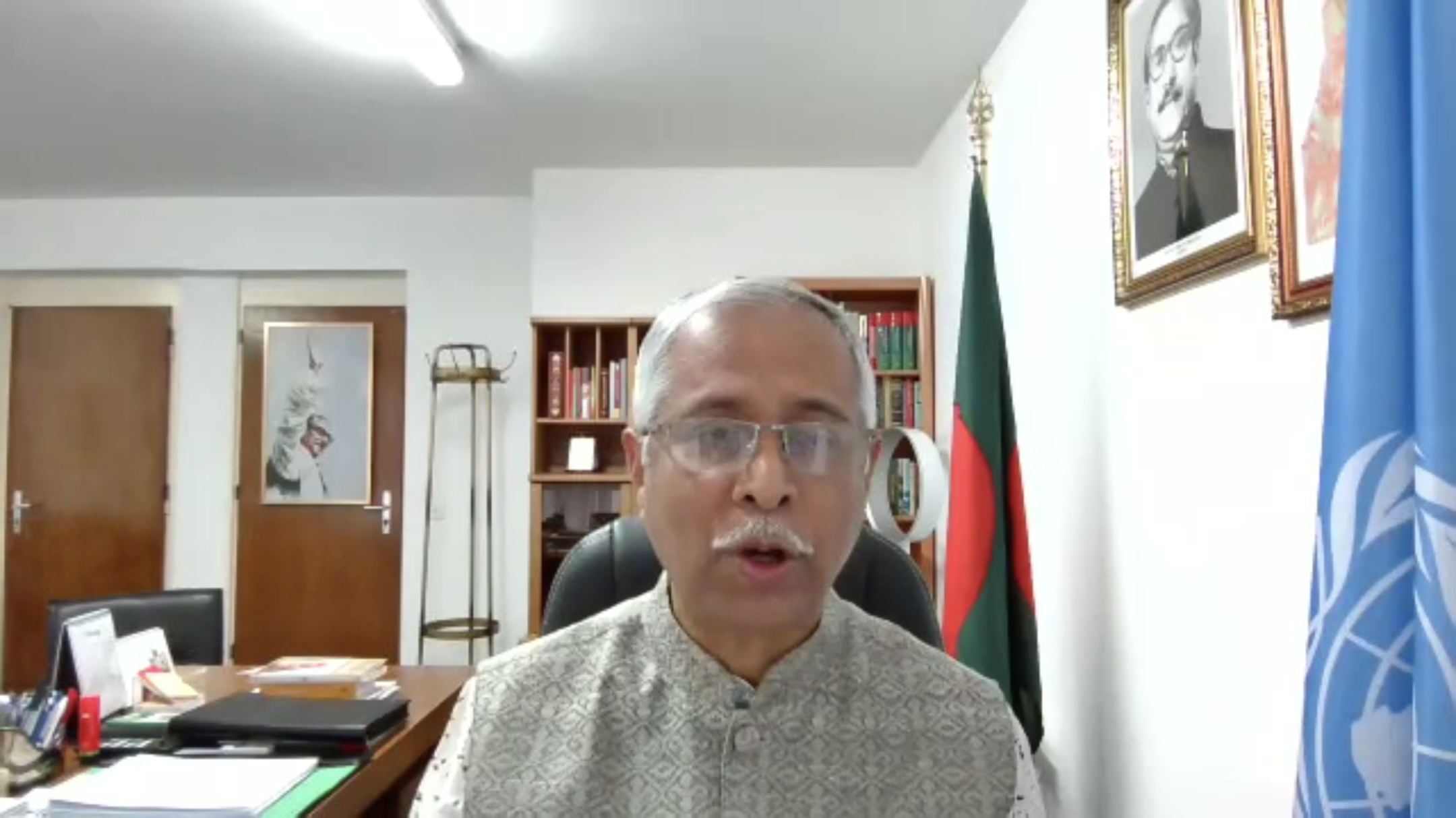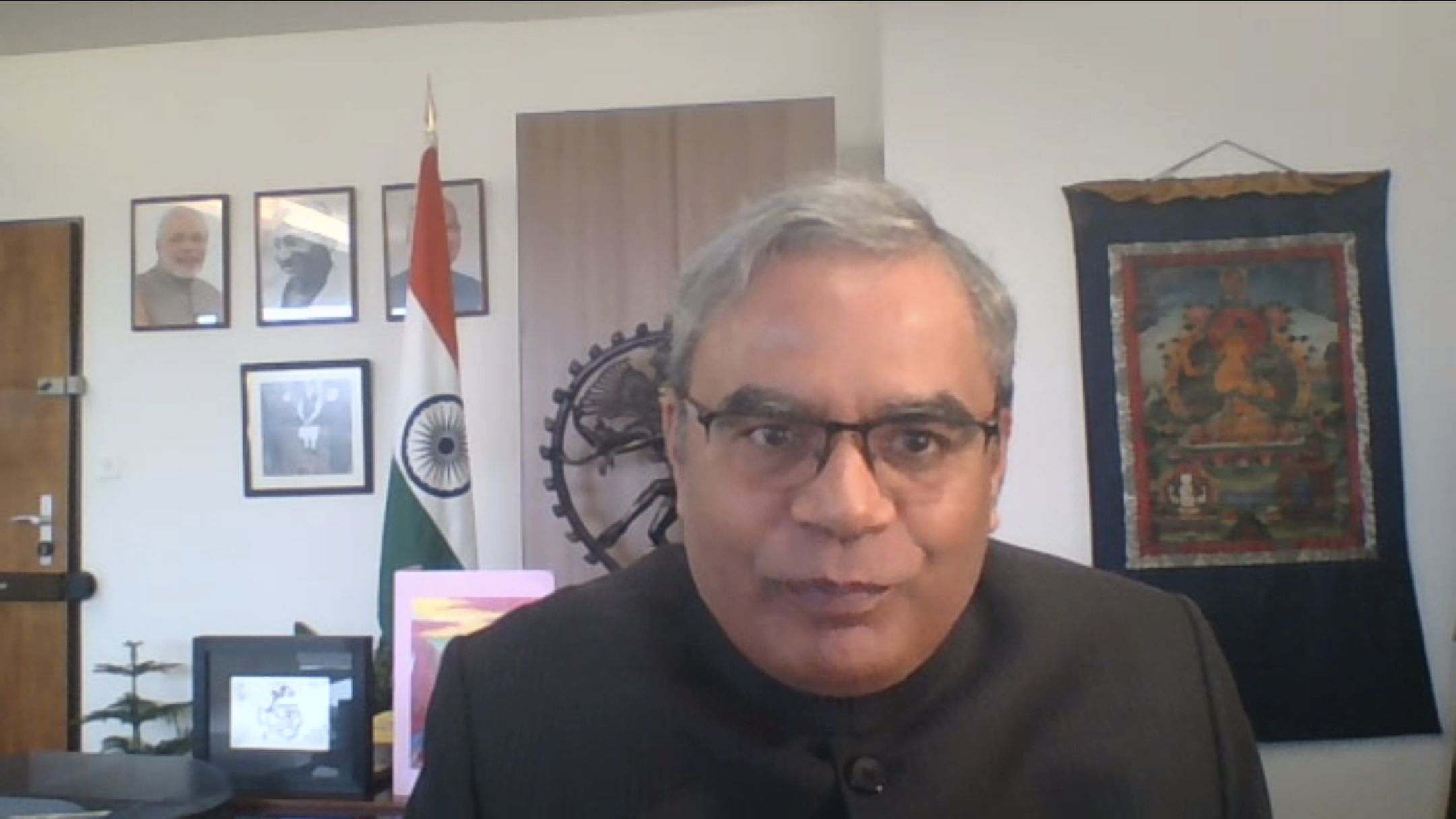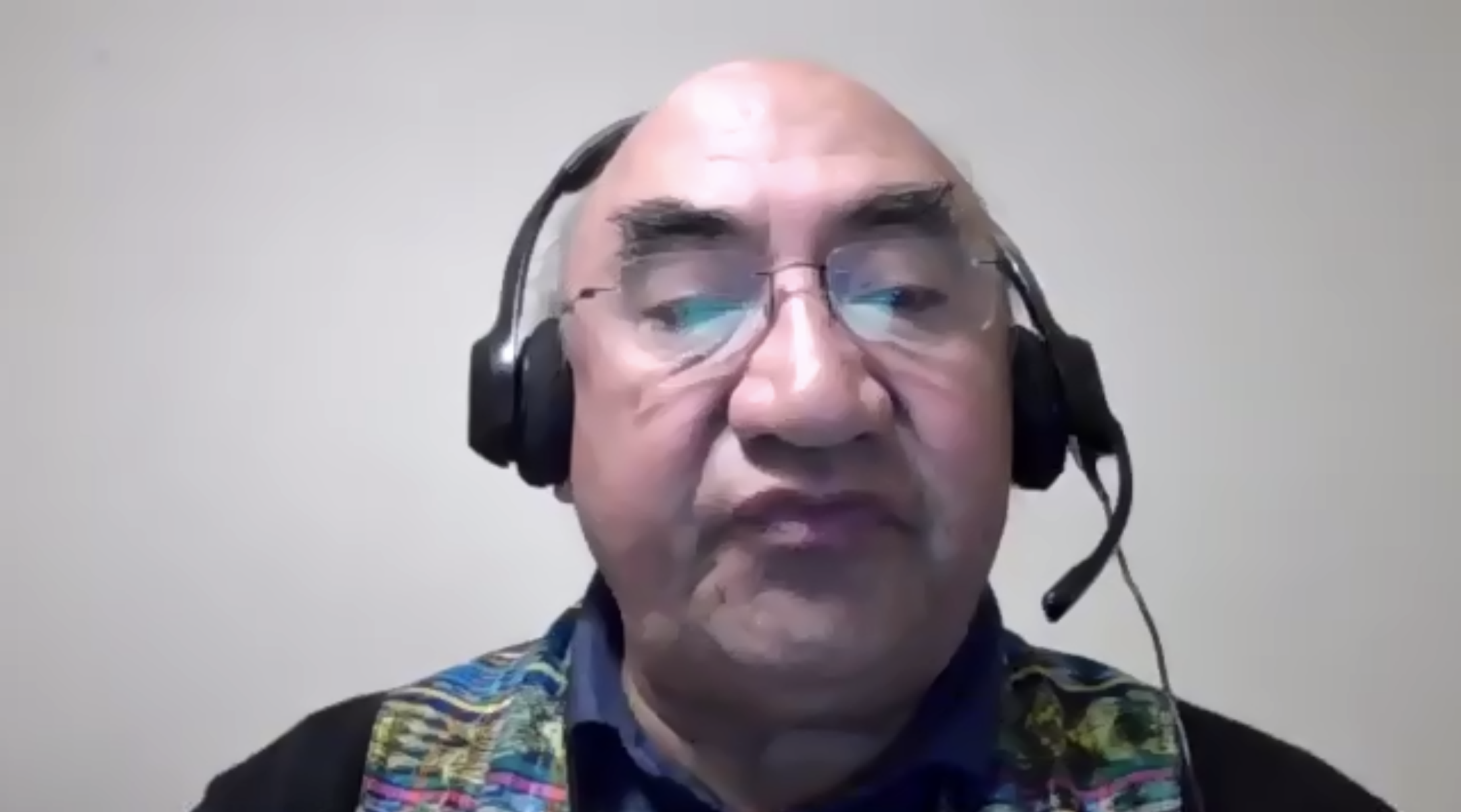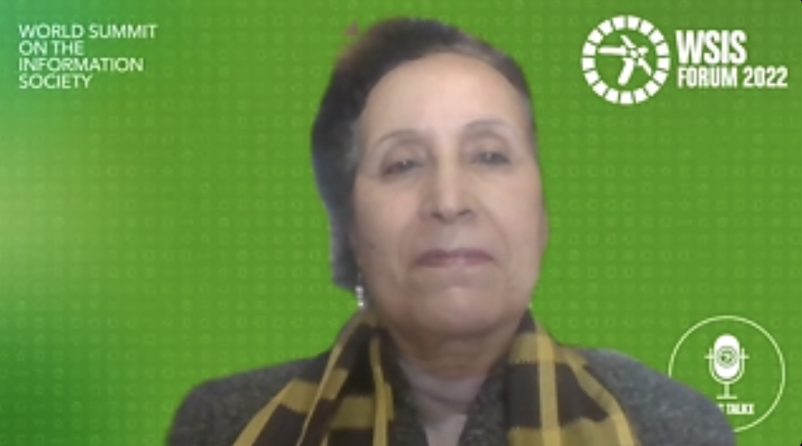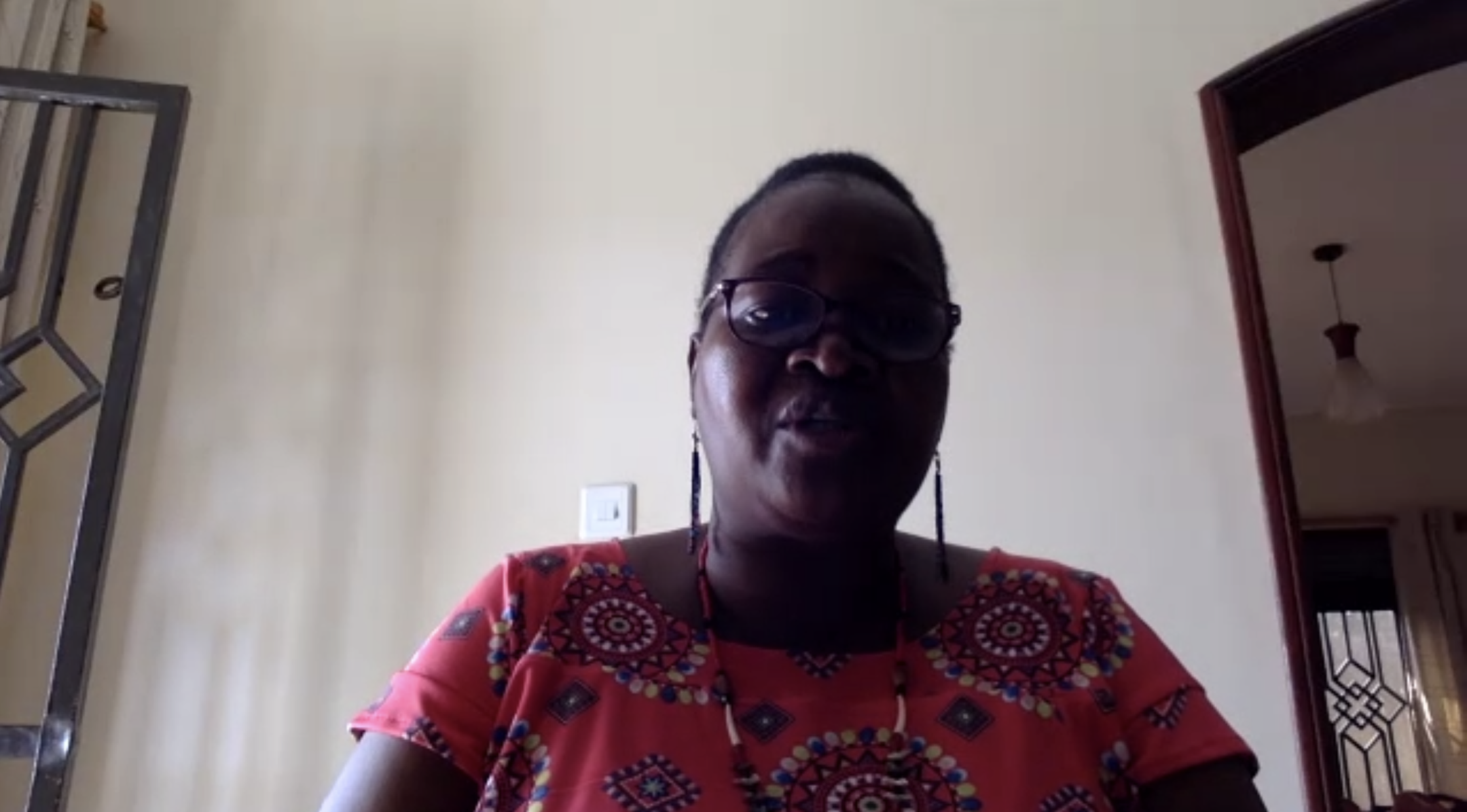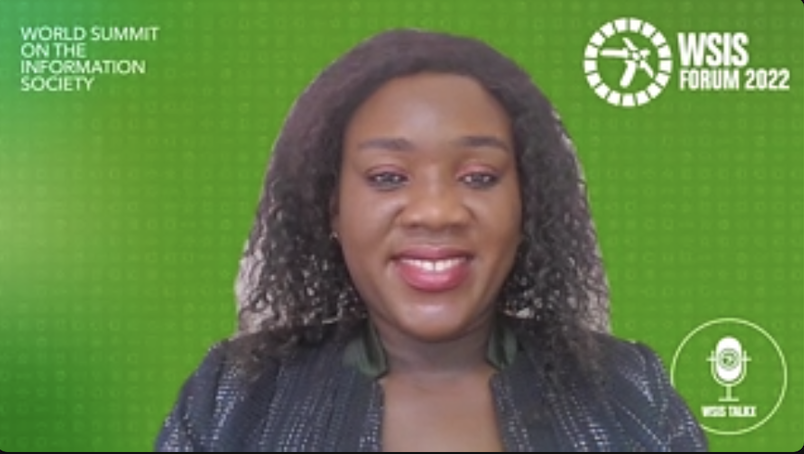WSIS TalkX: International Mother Language Day & WSIS Forum 2022 Hackathon Updates
International Telecommunication Union (ITU)
Session 121
There are about 6,700 languages in the world. Today, a language disappears and dies every two weeks, taking with it an entire cultural and intellectual heritage. International Mother Language Day, celebrated on 21 February, is intended to raise awareness, and protect all the languages of the world. [1]
The theme of the 2022 International Mother Language Day, “Using technology for multilingual learning: Challenges and opportunities”, will discuss the potential role of technology to advance multilingual education and support the development of quality teaching and learning for all.
The World Summit on the Information Society (WSIS), co-organized by ITU, UNESCO, UNDP and UNCATD, will organize a WSIS TalkX on 21 February at 13:00 CET to celebrate this day, and launch the virtual hackathon on ICTs and Indigenous languages, calling on stakeholders to form teams to explore the use of ICTs in preventing, revitalizing, and promoting the languages across the world.
https://en.unesco.org/commemorations/motherlanguageday
![Mr. Malcolm Johnson [Opening Remarks]](/net4/wsis/forum/2022/Files/View/IMG/476208e3678fec119140d067e5f879f3/DSG.jpg?maxwidth=500)
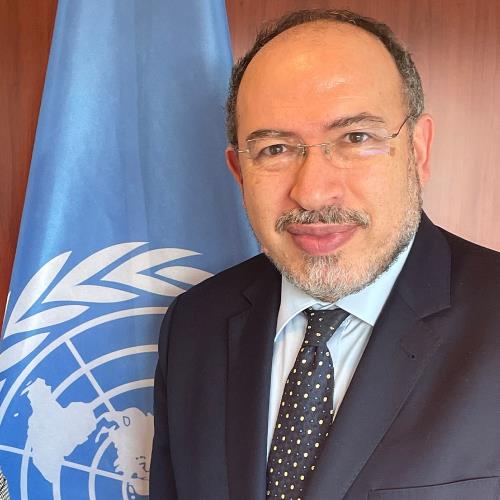
Dr. Tawfik Jelassi was appointed UNESCO Assistant Director-General for Communication and Information on 1st July 2021. In this position, he is responsible for the Organization’s programmes on building inclusive knowledge societies, leading digital transformation, strategizing the role of ICT in education, and fostering freedom of expression.
Dr. Jelassi holds a Ph.D. doctorate in information systems from New York University (USA) and postgraduate diplomas from the University of Paris Dauphine (France).
Dr. Jelassi has extensive experience in higher education, scientific research, and information & communication technologies. He held academic, corporate and government leadership positions in Europe, the USA, and Tunisia.
Among others, he was Programme Director and Professor of Strategy and Technology Management at IMD Business School in Lausanne (Switzerland, 2015 – June 2021). Prior to that, he served as Minister of Higher education, Scientific Research and Information & Communication Technologies in the democratic transition government of Tunisia (2014 – 2015). Prior appointments included being Chairman of the Board of Directors of Ooredoo Telecom in Tunisia, Dean at Ecole Nationale des Ponts et Chaussées (Paris), and Professor & Chairman of the Technology Management Department at INSEAD (Fontainebleau).
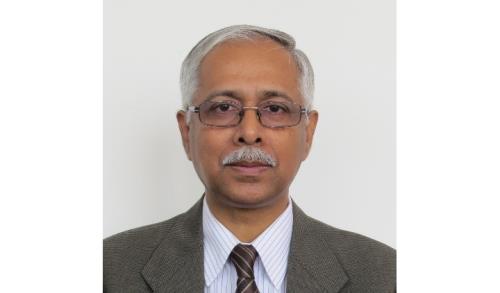
Ambassador Md Mustafizur Rahman has joined the Permanent Mission of Bangladesh to the UN Offices and other International Organizations in Geneva in September 2020. Prior to taking up his current position, Mr. Rahman was the High Commissioner of Bangladesh to Singapore since 2017.
A career diplomat, Ambassador Rahman joined the Bangladesh Foreign Service in 1993. During his long service, he worked as the Deputy Permanent Representative of Bangladesh to the United Nations in New York, Minister in the Permanent Mission of Bangladesh to Geneva, Deputy High Commissioner in Kolkata, India as well as other diplomatic positions in the Bangladesh Missions in New York and Paris. He also served in the Ministry of Foreign Affairs, Dhaka in different capacities including as the Director General of the United Nations Wing.
Mr. Rahman studied medical science at Sir Salimullah Medical College, Dhaka. Later on, he earned a Masters Degree (LLM) in Public International Law from the University of London, UK. He also obtained a Post-graduate Diploma in International Relations and Diplomacy from International Institute of Public Administration (IIAP) in Paris, France. Mr. Rahman also attended various courses in the University of York and University of Southampton, both in the UK. He is currently an off-campus PhD candidate at the Faculty of Law, Maastricht University, the Netherlands. Ambassador Rahman is an elected Board Member of the UN Joint Staff Pension Fund.
Apart from Bangla, his mother tongue, Mr. Rahman speaks English and French.
Ambassador Rahman is married and blessed with two sons.
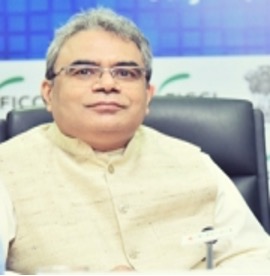
Ambassador Indra Mani Pandey is a career diplomat. He joined the Indian Foreign Service in 1990.
Ambassador Pandey served as Additional Secretary in Ministry of External Affairs in-charge of the Disarmament & International Security Affairs Division before joining as the Ambassador & Permanent Representative of India to the United Nations Office and Other International Organizations in Geneva in September 2020.
Earlier, Ambassador Pandey had served as Ambassador of India to the Sultanate of Oman. Before Muscat, he had served as Deputy Ambassador of India to France and Consul General of India at Guangzhou (China). Ambassador Pandey has served in various capacities at Indian Missions in Cairo (Egypt), Damascus (Syria), Islamabad (Pakistan), Kabul (Afghanistan) and Permanent Mission of India to the Conference on Disarmament in Geneva (Switzerland).
During his previous stints at the Headquarters in New Delhi, Ambassador Pandey has handled assignments in West Asia North Africa Division; Consular, Passport and Visa Division; Counter Terrorism Cell; Americas Division; Bangladesh, Sri Lanka, Maldives and Myanmar (BSM) Division. During 1998-99, Ambassador Pandey attended Foreign Service Programme at Oxford University. In 2009, he attended the 49th Course on National Security and Strategy, conducted by National Defence College, New Delhi.
He is married to Mrs. Sushma Pandey and they have a daughter, Devangi.
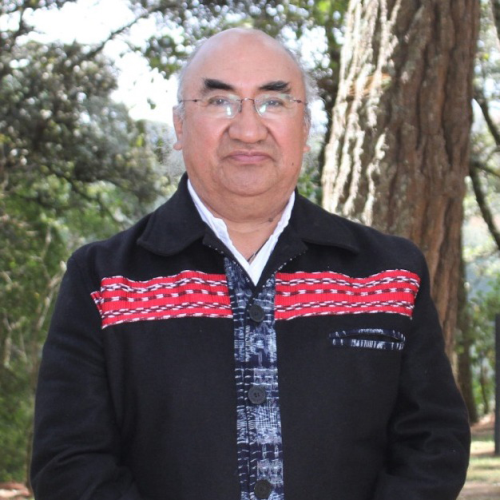
Mr. Calí Tzay is Maya Kaqchikel from Guatemala, with experience in defending the rights of
Indigenous Peoples, both in Guatemala and at the level of the United Nations and the OAS.
He was founder and member of a different indigenous organizations in Guatemala and as well
Ambassador of Guatemala to the Federal Republic of Germany and was President of the
Committee for the Elimination of all forms of Racial Discrimination, a treaty body from which he
was elected for four consecutive periods of 4 years each.
He was Director of Human Rights at the Ministry of Foreign Affairs of Guatemala; he was
member of the Presidential Commission against Discrimination and Racism against Indigenous
Peoples in Guatemala (CODISRA) and President of the National Reparation Program for Victims
of the Internal Armed Conflict
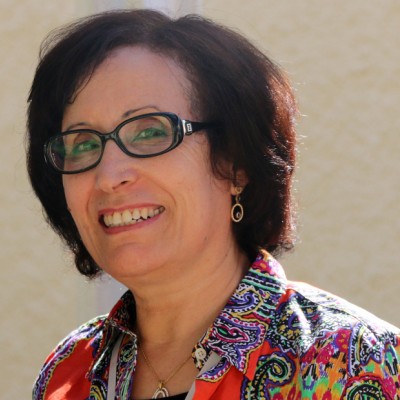
Fatima Sadiqi is a Senior Professor of Linguistics and Gender Studies affiliated to the University of Fez. In 1998, she founded the first Moroccan Centre for Studies and Research on Women, and in 2000, she founded the first Graduate Program on Gender Studies at the University of Fez. In 2006, she founded the Isis Centre for Women and Development.Among her many books are Women, Gender and Language (Brill, 2003), Women’s Activism and the Public Sphere: Local/Global Linkages (Journal of Middle East Women’s Studies, 2006), Women and Knowledge in the Mediterranean (Routledge, 2013), Moroccan Feminist Discourses (Palgrave Macmillan, 2014), and Women’s Movements in the Post - “Arab Spring” North Africa (2016). Sadiqi’s work has been supported by numerous prestigious awards and fellowships from Harvard University, The Woodrow Wilson Center, the Rockefeller Foundation’s Bellagio Center, and Fulbright. She is currently working on Amazigh women’s art.

Margaret Lokawua is currently a member of the United Nations Expert Mechanism on the Rights of Indigenous Peoples (EMRIP). She was a member of the United Nations Permanents Forum on Indigenous Issues in 2008 to 2011 where she advocated for the rights of Indigenous Peoples in the six mandated areas (economic and social development, culture, the environment, education, health and human rights). She was a Member of the Ugandan 9th Parliament in 2011 to 2016.
She holds a Master's degree in "Human Rights and Development Studies" and a Bachelor's Degree in “Conflict Resolution and Peace-building” from Kampala International University (KIU) Uganda. Diploma in teacher education from Kyambogo university and has , attended a Certificate Program on "Indigenous and Tribal Peoples Rights on Development” from University of Turin, Italy in 2008 and a “Trainer of Trainers Certificate on Indigenous Peoples Issues” from University of Turin, Italy in 2009. She is the founder and Chairperson of Women Environmental Conservation Project (WECOP), an organization that advocates for the rights of indigenous women and the environment .
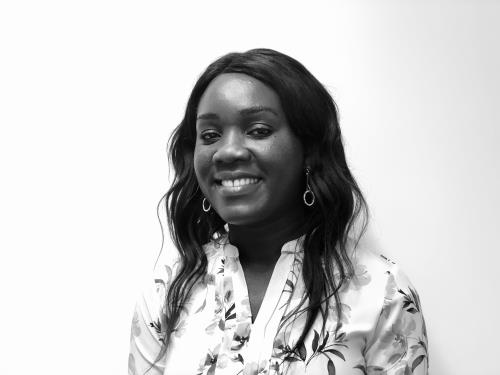
Rachel works to demonstrate sector-wide collaboration between D4D actors in deploying initiatives that enhance data use for evidence-based decision-making. She joined DIAL in September 2017 as Program Director, supporting program partners in selected countries.
Prior to joining DIAL, Rachel established Malawi’s first technology hub; mHub. Through the hub, she championed the development and deployment of innovative technology solutions across fields such as elections monitoring, citizen engagement and agriculture in Malawi, Zambia, Tanzania, Mozambique and Zimbabwe. She has over 11 years of industry experience spanning academia, development and social enterprise domains.
Rachel is a PhD candidate in computer science at Rhodes University in South Africa. She holds a Master of Science in coding theory and cryptography from Mzuzu University and a Bachelor of Science from the University of Malawi.
-
 C3. Access to information and knowledge
C3. Access to information and knowledge
-
 C4. Capacity building
C4. Capacity building
-
 C8. Cultural diversity and identity, linguistic diversity and local content
C8. Cultural diversity and identity, linguistic diversity and local content
-
 Goal 3: Ensure healthy lives and promote well-being for all
Goal 3: Ensure healthy lives and promote well-being for all
-
 Goal 10: Reduce inequality within and among countries
Goal 10: Reduce inequality within and among countries
-
 Goal 13: Take urgent action to combat climate change and its impacts
Goal 13: Take urgent action to combat climate change and its impacts
-
 Goal 16: Promote just, peaceful and inclusive societies
Goal 16: Promote just, peaceful and inclusive societies
-
 Goal 17: Revitalize the global partnership for sustainable development
Goal 17: Revitalize the global partnership for sustainable development
